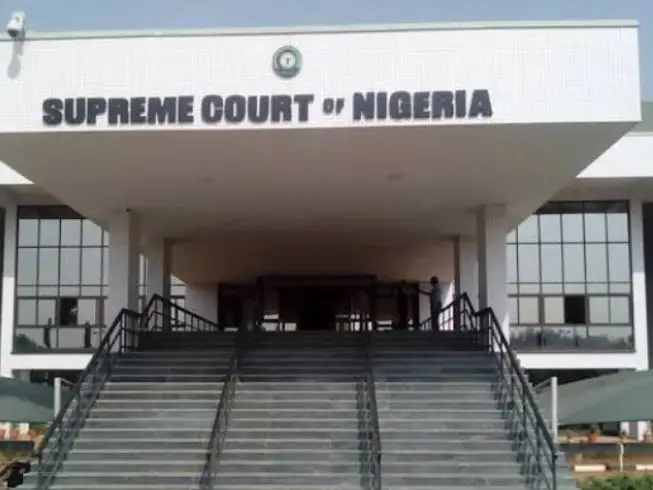
In a move to grant local government areas financial autonomy and free them from the grip of state governors, the Supreme Court has ruled that henceforth, the Federal Government should pay allocations due to councils directly to the local government areas managed by elected officials.
In a lead judgment, Justice Emmanuel Agim, ruled that it remains unconstitutional for state governments to retain and use allocations meant for the councils on their behalf without transferring the same to them as provided in Section 162(3) of the 1999 Constitution (as amended).
The Supreme Court gave these verdicts in its ongoing judgment in the suit filed by the Attorney General of the Federation (AGF) seeking full autonomy for the local government areas.
In the suit, the Attorney General of the Federation and Minister of Justice, Lateef Fagbemi, sought full autonomy and direct allocation of funds to the 774 local governments in the country.
Fagbemi prayed the Supreme Court to invoke sections 1, 4, 5, 7 and 14 of the constitution to declare that the governors and state houses of assembly were under obligation to ensure democratically elected systems in the third tier of government.
In its lead judgment read by Justice Agim, the apex court said state governors should not continue to hold on to funds meant for local government administrations, adding that the refusal of the state government to grant financial autonomy to local governments had gone on for over two decades.
He local governments have since stopped receiving the money meant for them from the state governors who acted on their behalf in flagrant neglect of the constitution.
While noting that the 774 local government councils in the country should manage their funds themselves, Justice Agim dismissed the preliminary objections of the defendants (state governors), stressing that the AGF has the right to institute the suit and protect the constitution.
Consequently, the apex court directed that local government allocations from the Federation Account should be paid directly to them henceforth.
There are 774 local government areas in the country but the efficiency of the third tier of government has been hampered by the overbearing governors who have been accused of mismanaging funds meant for the local government administrations.
In the last few months, calls for local government autonomy have increased in Nigeria with President Bola Tinubu also supporting the calls. In May, the Federal Government, through the Attorney-General of the Federation (AGF), Lateef Fagbemi, sued the 36 state governors over alleged mismanagement of local government funds.
Currently, the Federal Government receives 52.68 percent and states get 26.72 percent, while the councils get 20.60 percent of the country’s monthly revenue allocated by the Revenue Mobilization, Allocation and Fiscal Commission (RMAFC), which operates under the Presidency and disbursed by the Federation Account Allocation Committee (FAAC).
But the councils’ funds were being paid into a joint account operated by state governments and local governments in their domains.
In the suit filed by Fagbemi on 27 grounds, the Federal Government sought an order restraining the governors from arbitrarily dissolving democratically elected councils, but the governors of 36 states, who are defendants in the suit, opposed the AGF for instituting the case.









